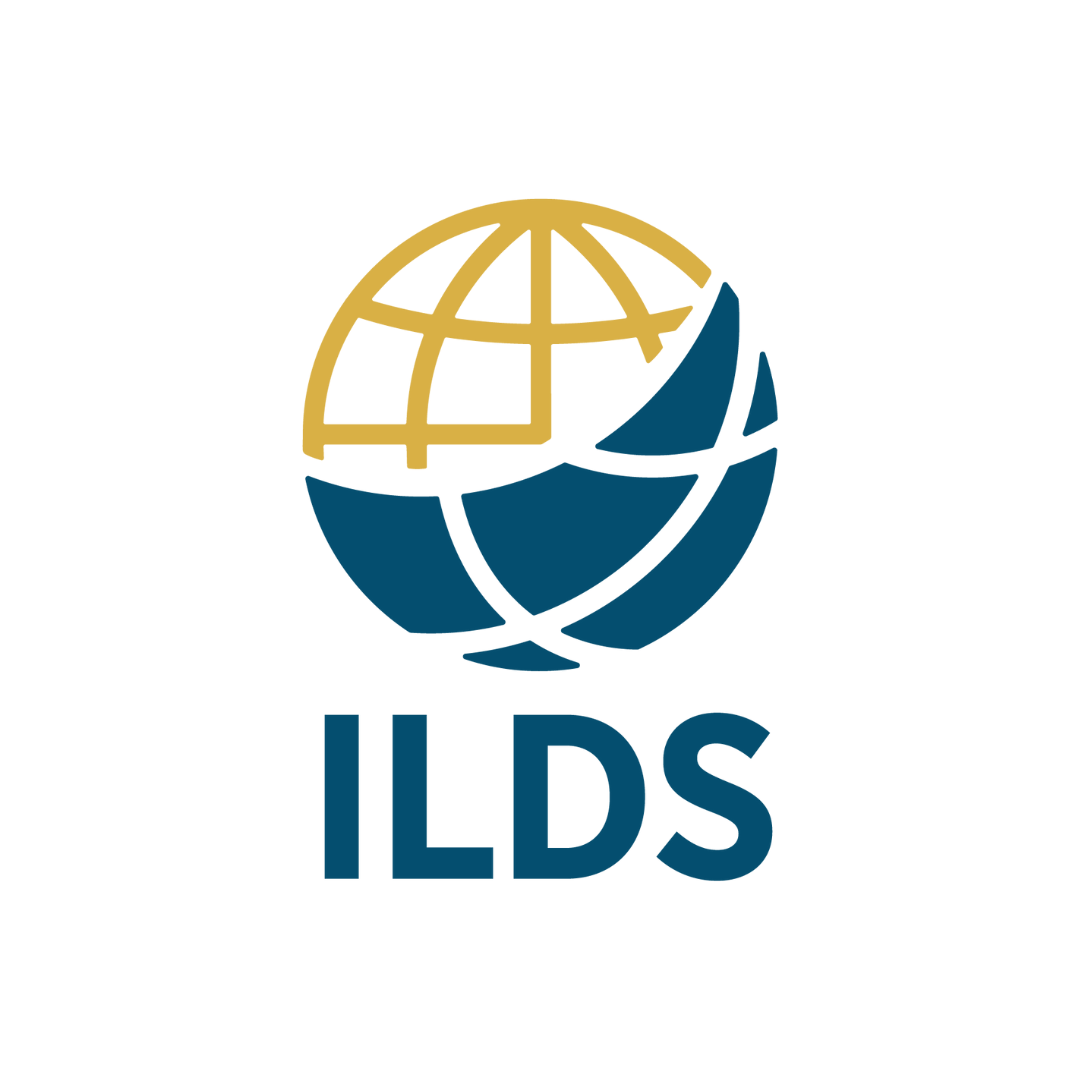GLODERM Announces Recipients of First GLODERM x CeraVe Access Grants
1 May 2024
$100,000 awarded for projects to increase access to dermatological care in under-served communities
Five dermatologist changemakers working in low-resource settings around the world have been awarded $20,000 each as part of the International Alliance for Global Health Dermatology (GLODERM) Mentorship Programme, which aims to increase access to dermatological care in under-served communities.
The new GLODERM x CeraVe Access Grants have been awarded by CeraVe to five individuals following their submission of successful proposals to run projects in their communities targeted at groups in particular need of dermatological care.
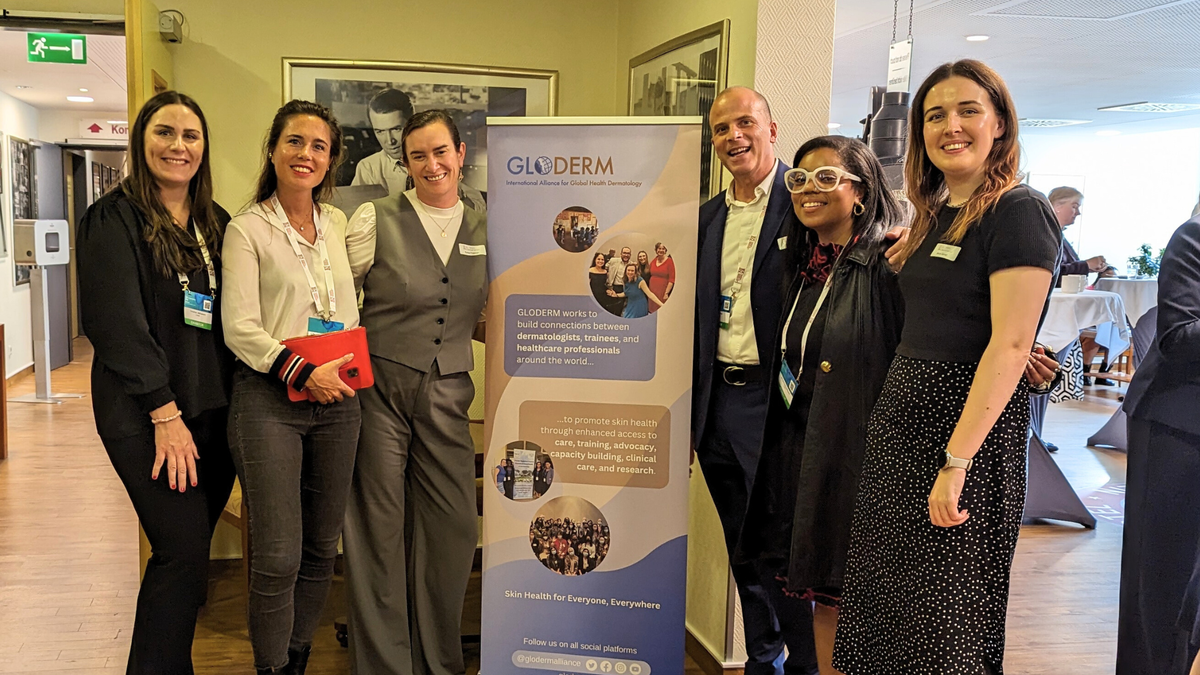
GLODERM is an official programme run the by the International League of Dermatological Societies (ILDS) under its charitable foundation, the International Foundation for Dermatology (IFD).
The awardees selected for this first year of funding are as follows:
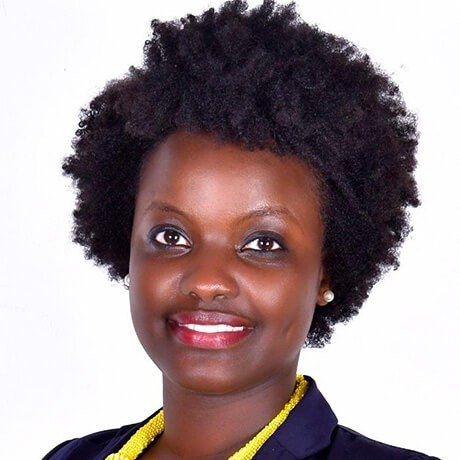
Dr Doriane Subashimike (Burundi)
Creating an outreach programme to deliver medical support for those living with albinism in Burundi
Project Summary
Dr Doriane Sabushimike is Albinism Outreach Program Lead at the Kamenge Military Hospital in Bujumbura, Burundi and Visiting Examiner for Advanced Diplomas in Dermatovenereology at the Regional Dermatology Training Center (RDTC), Tanzania.
In Burundi, people living with albinism face severe societal stigma and threats to their safety from misbeliefs perpetuated by sorcery cults. As a result, many live in isolation with limited access to medical service leading to delayed diagnosis and advanced stages of skin cancer.
This project aims to deliver crucial medical support through health education, skin cancer screening and treatment, and the distribution of sun protection. It also aims to provide better care for people living with albinism by increasing the number of outreach clinics across the country. A focal person to support people living with albinism will also be appointed in each province. During outreach clinics, training sessions will be given to healthcare professionals on albinism-related healthcare to enhance the capacity of local healthcare facilities to provide on-going care to people living with albinism.
This project is being undertaken in collaboration with Avocats sans Frontières, the Kamenge Military Hospital and the Regional Dermatology Training Center in Moshi, Tanzania.
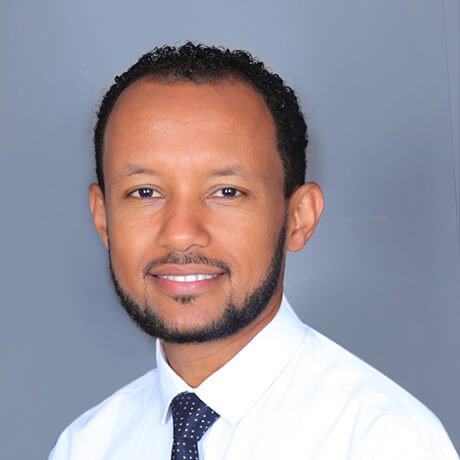
Dr Yared Mekonnen (Ethiopia)
Creating a community awareness programme about leprosy in rural areas of Eastern Ethiopia
Project Summary
Dr Yared Mekonnen is Assistant Professor of Dermatovenereology at the Haramaya University in Ethiopia. In Ethiopia, leprosy continues to impose both a physical and psychosocial burden to affected individuals. Leprosy-affected persons are socially stigmatised, which profoundly impacts their economic and psychological wellbeing.
This project aims to improve the quality of life for leprosy-affected persons and their families in eastern Ethiopia. This will be achieved by providing training to healthcare workers to promote early diagnosis and treatment and to improve the existing care facilities. The programme will also promote educational initiatives to increase the understanding of leprosy in rural communities to reduce the stigma and social ostracism associated with the disease.
This project will be carried out in collaboration with Haramaya University, the only specialised, comprehensive referral hospital serving the eastern part of Ethiopia.
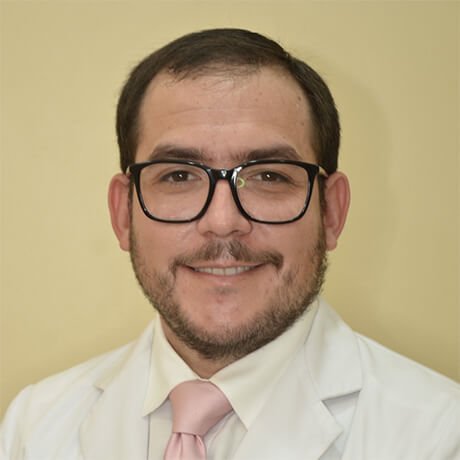
Dr Jose Ollague (Ecuador)
Enhancing the skills of dermatology residents at the Hospital General Guasmo Sur in Guayaquil, Ecuador
Project Summary
Dr Jose Ollague is a dermatologist at the Hospital General Guasmo Sur in Guayaquil, Ecuador. His project involves the creation of a dermatopathological digital library to strengthen the clinical, diagnostic, and therapeutic skills of dermatology residents at the hospital.
Current techniques for the teaching of dermatopathology in Ecuador have serious limitations. To overcome this problem, this project will harness the latest technologies to create a digital dermatopathology library of images of cases of dermatological diseases and tumours. Trainees will be able to navigate the histopathological images in the library remotely at their own pace and time, review them at different magnifications, and test their knowledge using digital quizzes. The library will enable trainees to understand pathophysiological changes and to recognise histological findings.
This new resource will help to enhance the clinical, diagnostic and therapeutic skills of the hospital’s residents so that they can provide a higher level of dermatological care to their patients in Guasmo Sur, a deprived part of the city of Guayaquil, where access to healthcare is limited.
This project is being carried out in collaboration with the Sociedad Ecuatoriana de Dermatologia.

Dr Gaylord Inena Wa Inena (DRC)
Creating a programme for the prevention and management of skin cancer in people living with oculocutaneous albinism in Tshikapa
Project Summary
Dr Gaylord Inena Wa Inena is studying for a PhD in Medicine at Kampala International Teaching Hospital in Uganda. His project aims to facilitate access to dermatological care for people living with albinism in the city of Tshikapa.
Tshikapa is the capital city of Kasai Province in the Democratic Republic of the Congo. It has a high prevalence of people living with albinism who experience morbidity and mortality linked to skin cancers. The city currently has no medical staff trained in dermatology or initiatives to care for people living with albinism.
This project will facilitate the training of a permanent medical team with the expertise to provide dermatological care to people with albinism. The team will provide regular distributions of sun creams, health education to the community, and continuity of care.
This project is being carried out in association with Corbetta RDC, a non-governmental organisation which campaigns for skin health for people living with albinism.
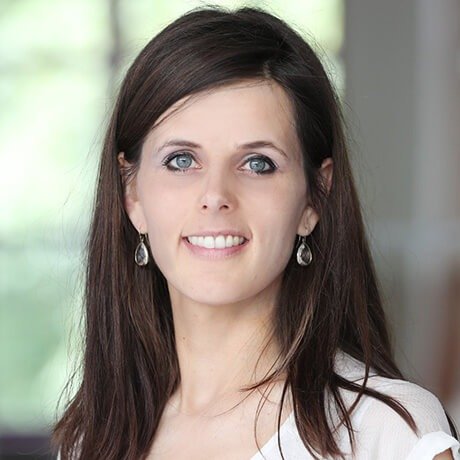
Dr Marlous Grijsen (Indonesia)
Tackling the under-recognised burden of neglected skin disease on the island of Sumba, Eastern Indonesia
Project Summary
Dr Marlous Grijsen works at the Oxford University Clinical Research Unit Indonesia (OUCRU ID). Her project aims to tackle the large, under-recognised burden of neglected skin diseases on the island of Sumba in Eastern Indonesia. Sumba is one of the most remote and under-developed parts of Indonesia.
On Sumba, cases of leprosy are only treated when individuals present at a clinic which prevents many from accessing care. This project aims to take an active approach to detection and treatment, strengthening the local expertise and capacity in managing leprosy and other neglected skin conditions. This will increase access to quality skin care, reduce disfigurement and the associated stigma, and improve the quality of life of those affected.
As a first step, a 10-day training programme will be delivered by a dermatologist with experience in managing skin neglected tropical diseases (NTDs). Field visits will then be performed house-to-house in two large areas of Sumba to identify and treat individuals affected by leprosy and other skin-NTDs.
The project is being undertaken in collaboration with the Sumba Foundation, an NGO that supports five clinics on the island.
The GLODERM x CeraVe Access Grants provide for the commencement of each project in April 2024.
GLODERM connects dermatologists and trainees passionate about improving 'Skin Health for Everyone, Everywhere', with a focus on supporting resource-limited communities, locally and globally. Before submitting a project proposal, each applicant was required to complete GLODERM’s mentorship programme, which supports dermatology professionals to enhance care in under-served communities by helping them to build expertise in global health and dermatology and to develop strong leadership skills.
Commenting on the award of his GLODERM x CeraVe Access Grant, Dr Jose Ollague said:
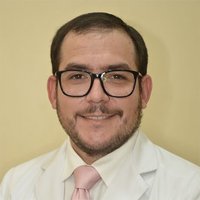
When I returned to Ecuador after finishing my training in the US, I felt that it would be almost impossible to make great advances to the dermatological field in Ecuador so when I heard that my project had been accepted, I was speechless. The grant will enable us to train future dermatologists to perform better clinicopathological correlations and apply physiopathology knowledge to therapeutics, making them better clinicians. It will be the first technology-based pathology training tool in the country and will advance the development of our future dermatologists significantly.
ILDS President, Prof Henry W. Lim said:
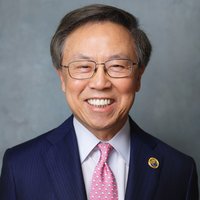
It was inspiring to see the calibre of applications received for this first year of the GLODERM x CeraVe Access Grants. Each of the selected projects will make a significant difference to the dermatological health of under-served populations. We commend the recipients for their passion and wish them great success with their projects. We are very grateful to CeraVe for its deep commitment to improving skin health around the world through its role as the main supporter of GLODERM and for providing the funding for the GLODERM x CeraVe Access Grants.
Gene Colón, Head of Medical Affairs & Communications, CeraVe Global, emphasised the importance of this support, stating:
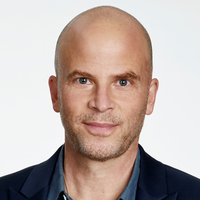
We are honoured and proud to support these incredible changemakers to do the vital dermatological work that is required to provide access in each of their communities. Following how their projects have evolved and how each grant recipient has personally developed throughout the mentorship programme has been inspirational. These step-changing and much needed efforts will have far reaching impacts both locally and globally.
Dr Karolyn (Kari) Wanat, GLODERM Chair, commented:
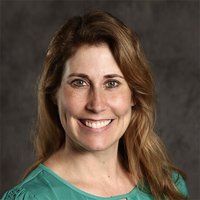
We are so proud of the amazing applications and work that our GLODERM mentees are doing! Their projects to increase high quality dermatology care in their communities helps lift the skin health and general health of everyone, and these grants will continue to fuel their projects and continue to help them grow. Truly inspiring!
For more information about GLODERM and the GLODERM Mentorship Programme, please visit gloderm.org or for further media information, interviews or images, contact: Rebecca@georgepr.com
About the International League of Dermatological Societies (ILDS)
The ILDS has 214 member organisations from 103 countries and represents more than 200,000 dermatologists worldwide. It represents dermatology at the highest level through its ‘official relations’ status with the World Health Organization (WHO) and champions the importance of skin health to ensure its inclusion in global health policy. It also works to raise awareness, cooperation and communication within the global dermatology community to promote high quality education, clinical care, research and innovation that will improve skin health globally.
